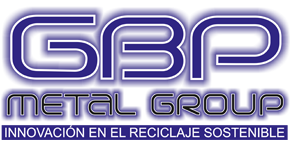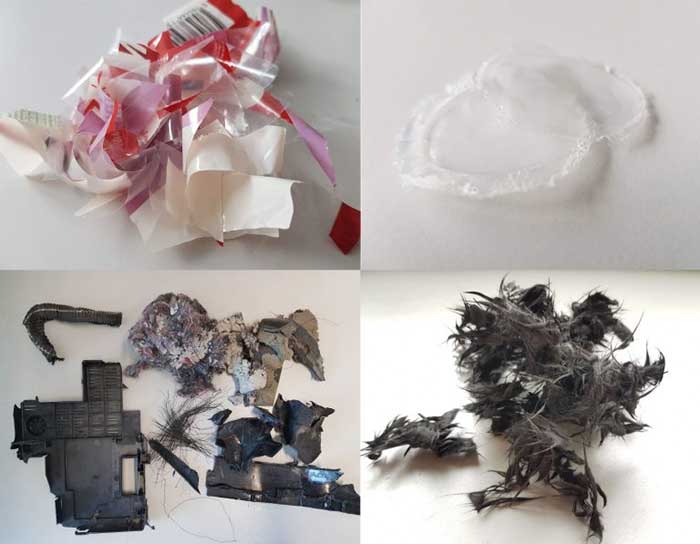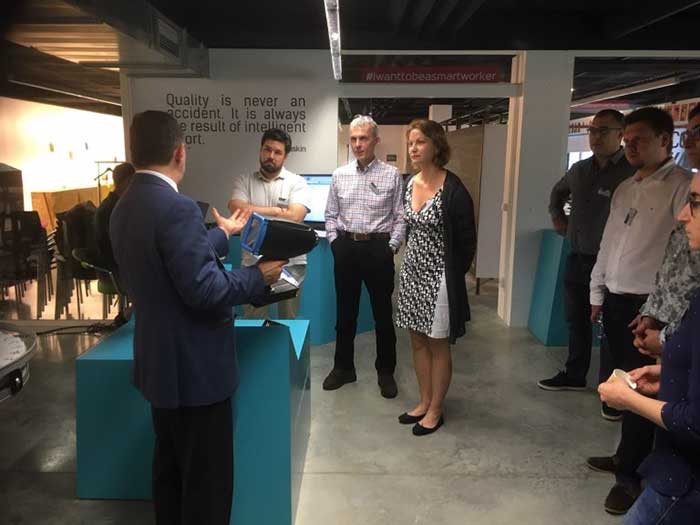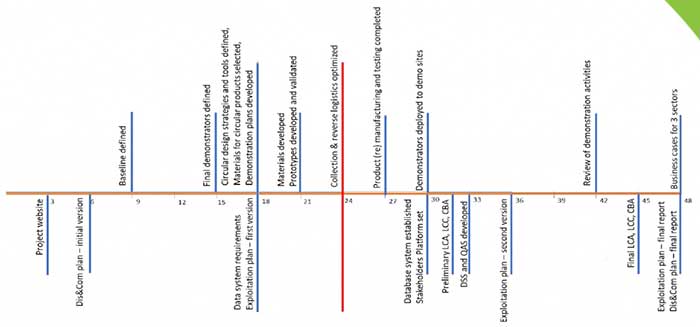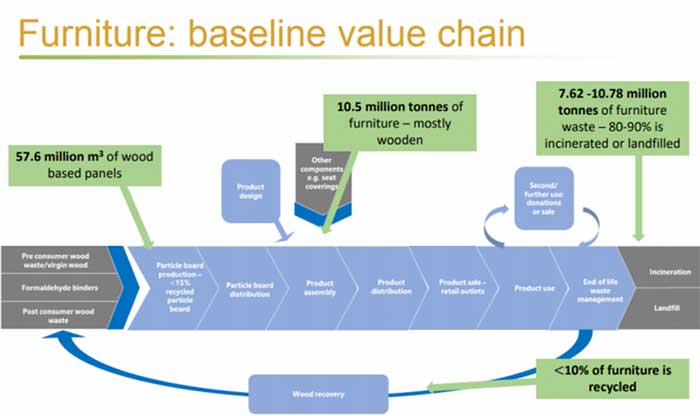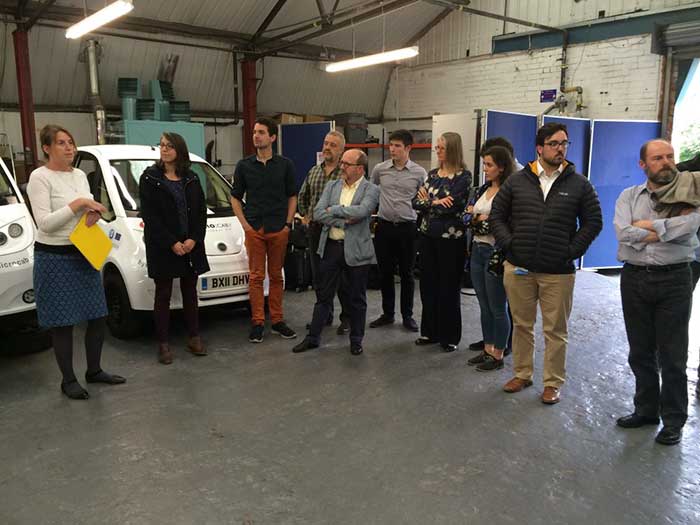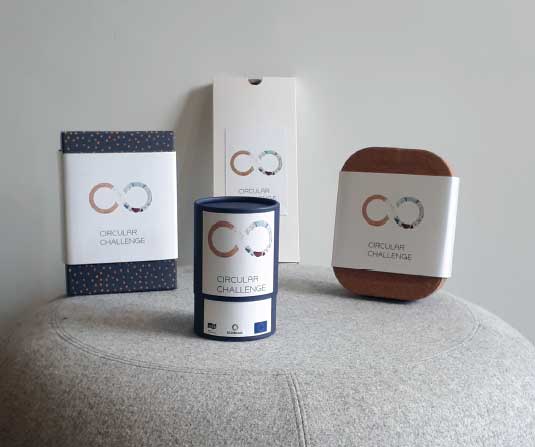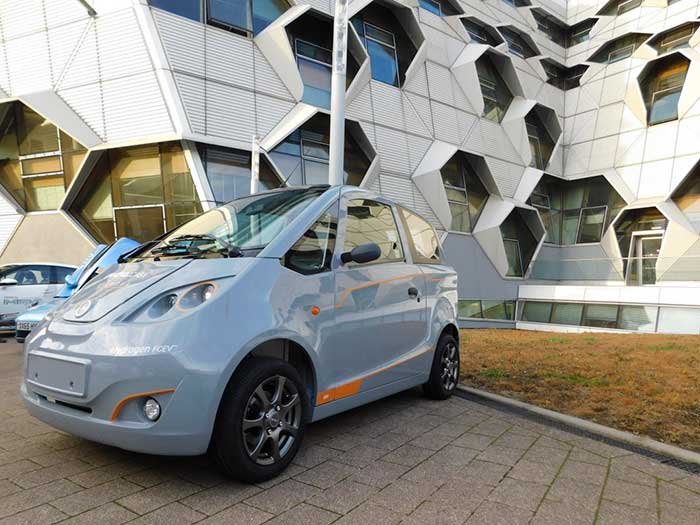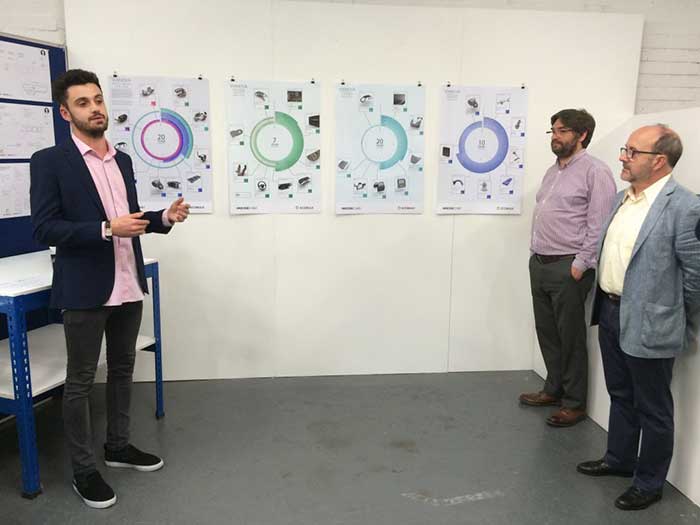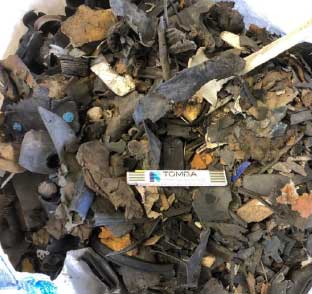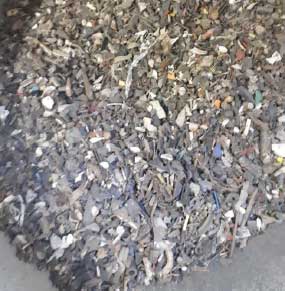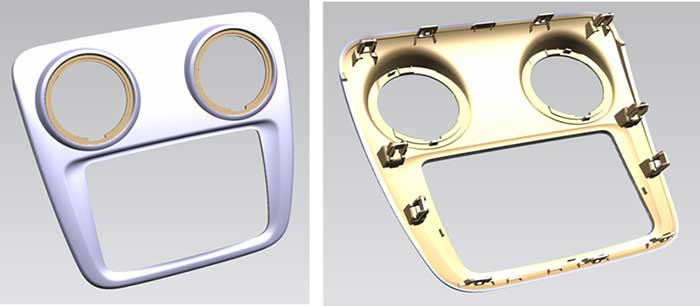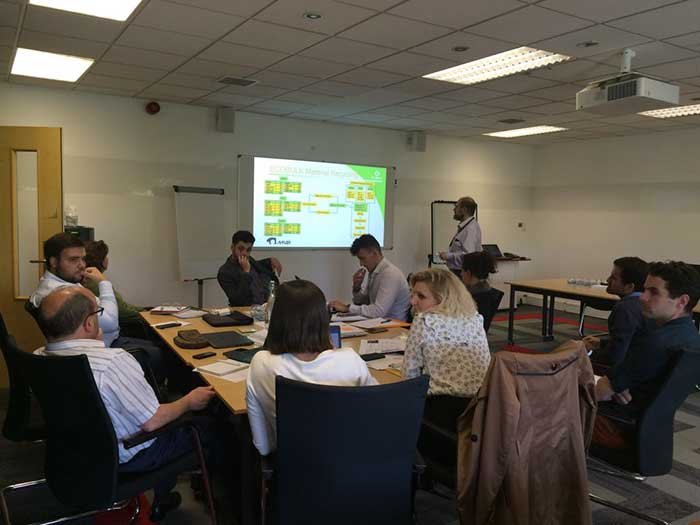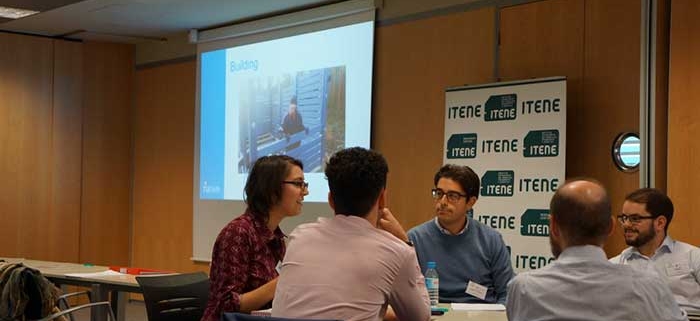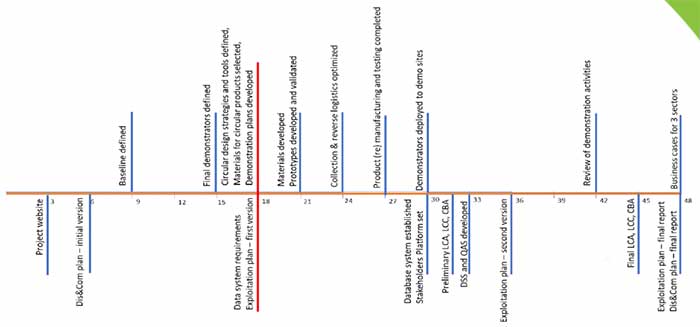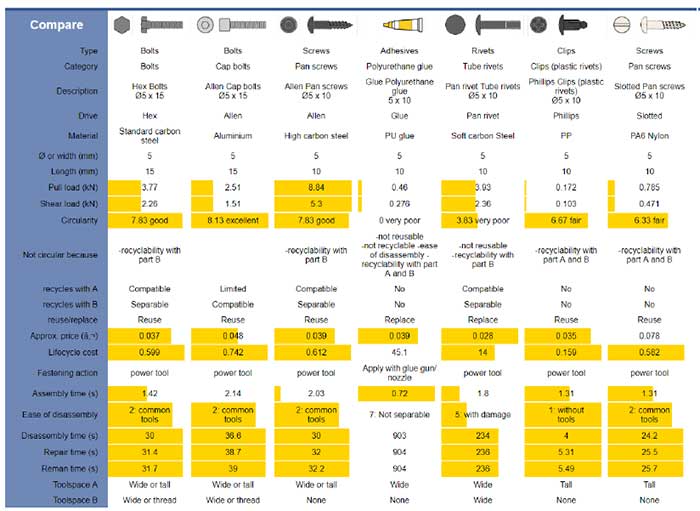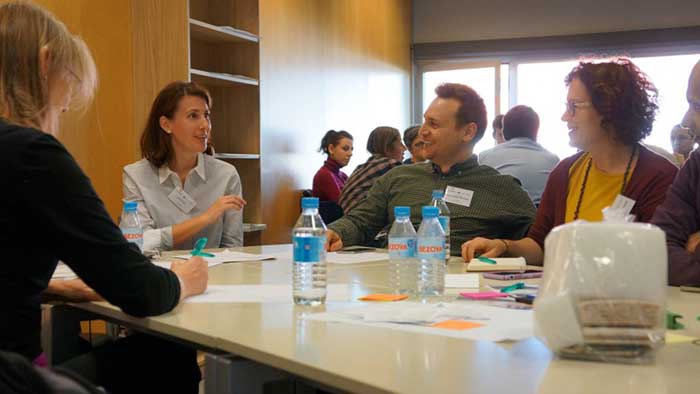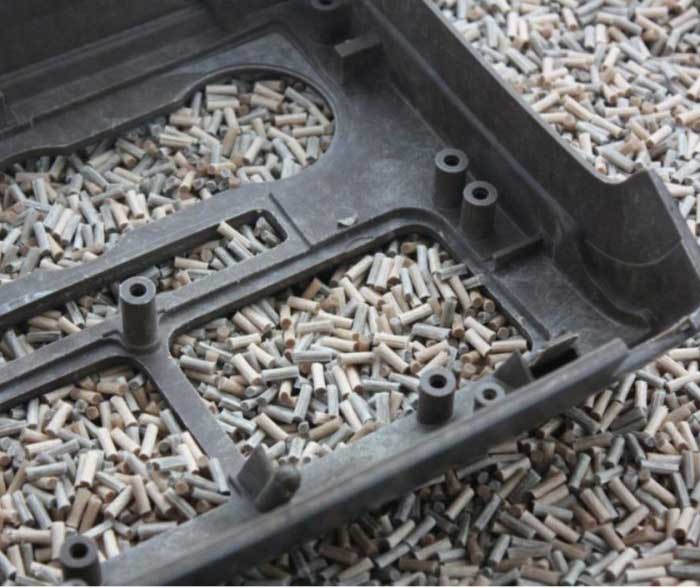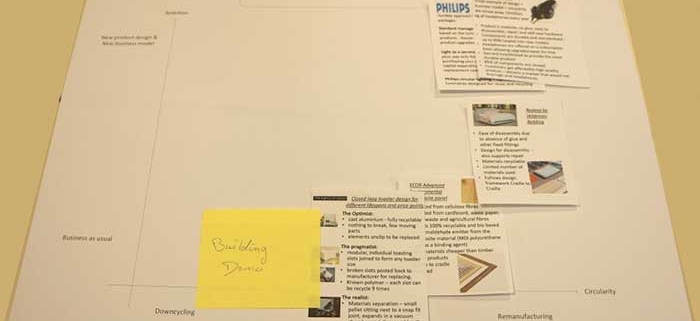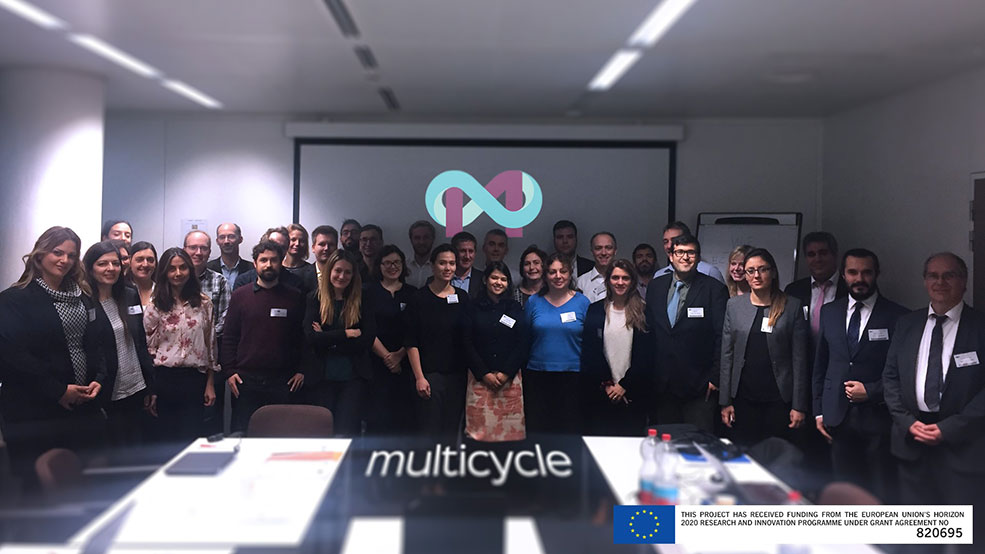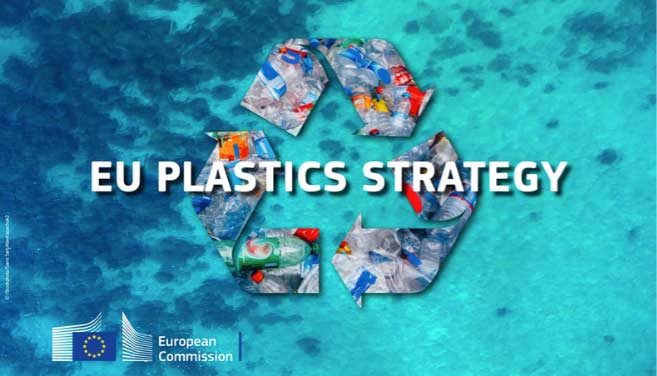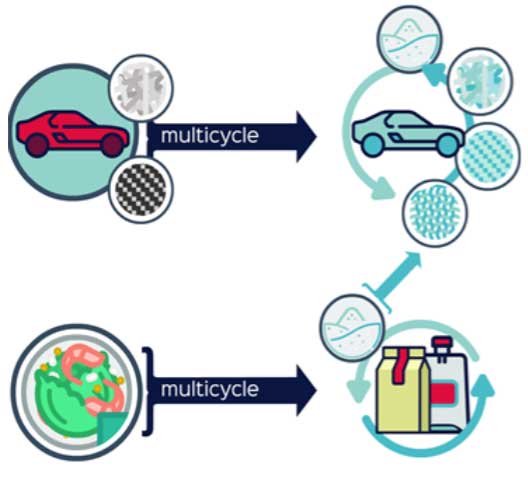Work during the early months of the project has produced an up to date review of the technical and patent literature dealing with recycling processes for MultiCycle’s target multi-materials and established the specifications for the different processes involved in material recovery and reprocessing, providing an understand of the requirements of converters and end users in terms of properties, price etc. for the resulting secondary raw materials produced.
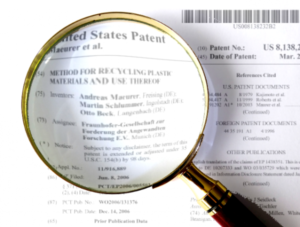 A review of the relevant literature and industry trends has been assembled which offers a broad view of the current state of play with respect to plastic waste generation and the current state of the art in recycling technology.
A review of the relevant literature and industry trends has been assembled which offers a broad view of the current state of play with respect to plastic waste generation and the current state of the art in recycling technology.
The regulatory drive to establish higher recycling targets means that the recycling sector must be developed in the coming years, however the current options for the MultiCycle target materials are limited: both multi-material/multi-layer flexible packaging and reinforced plastics in End of Life Vehicles (ELV) are predominantly sent for fuel/energy recovery.
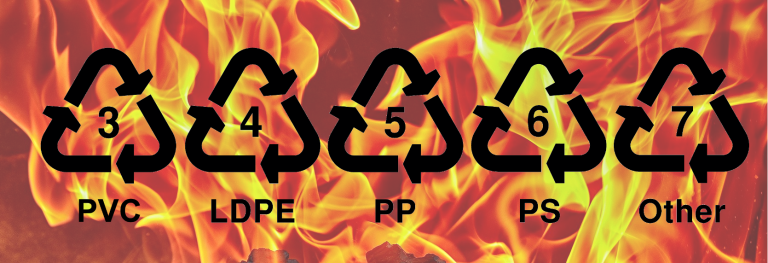
In view of their limited recycling options, the growth of the Fibre Reinforced Plastics (FRP) market in both carbon and glass fibre reinforced materials, does not help in meeting the goals of the ELV Directive. This presents an opportunity for MultiCycle, and especially the CreaSolv® selective material recovery technology at the heart of the project, which has the potential to increase the recycling volume of multi-layer packaging and FRP, and to do so producing high quality recovered polymeric and other materials including fibres.
The regulatory drive to establish higher recycling targets combined with limited current recycling options for the relevant target materials presents an opportunity for MultiCycle.
Consideration of the solvent-based CreaSolv® process requirements has shown that these have a large share in the selection of the respective technical components. With the help of the installed pilot plant, the entire plant technology is to be achieved by a smooth up-scaling to Technology Readiness Level (TRL) 7. Furthermore critical process parameters that may influence the stable operation of the plant have been identified, and initial information provided on possible monitoring systems, and on which components of a motor vehicle can be used within the framework of the project to increase the recycling quota of ELVs.
